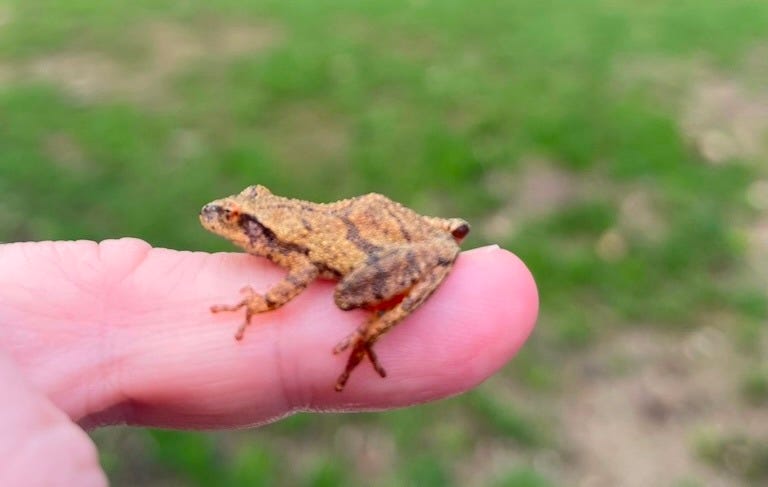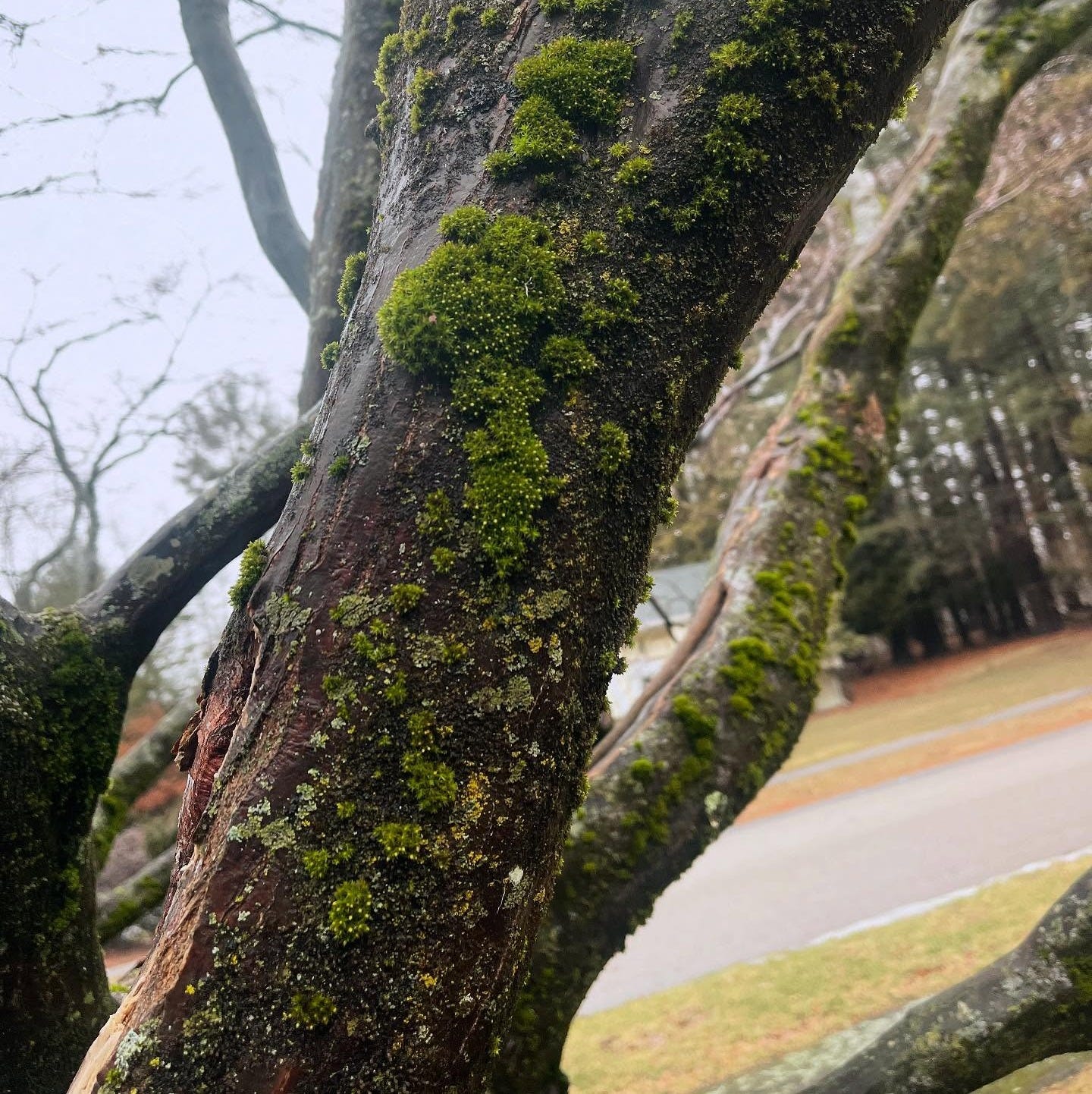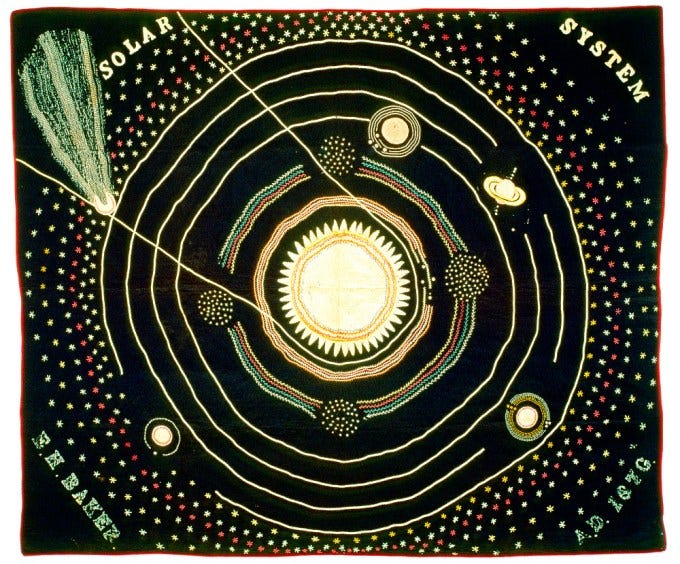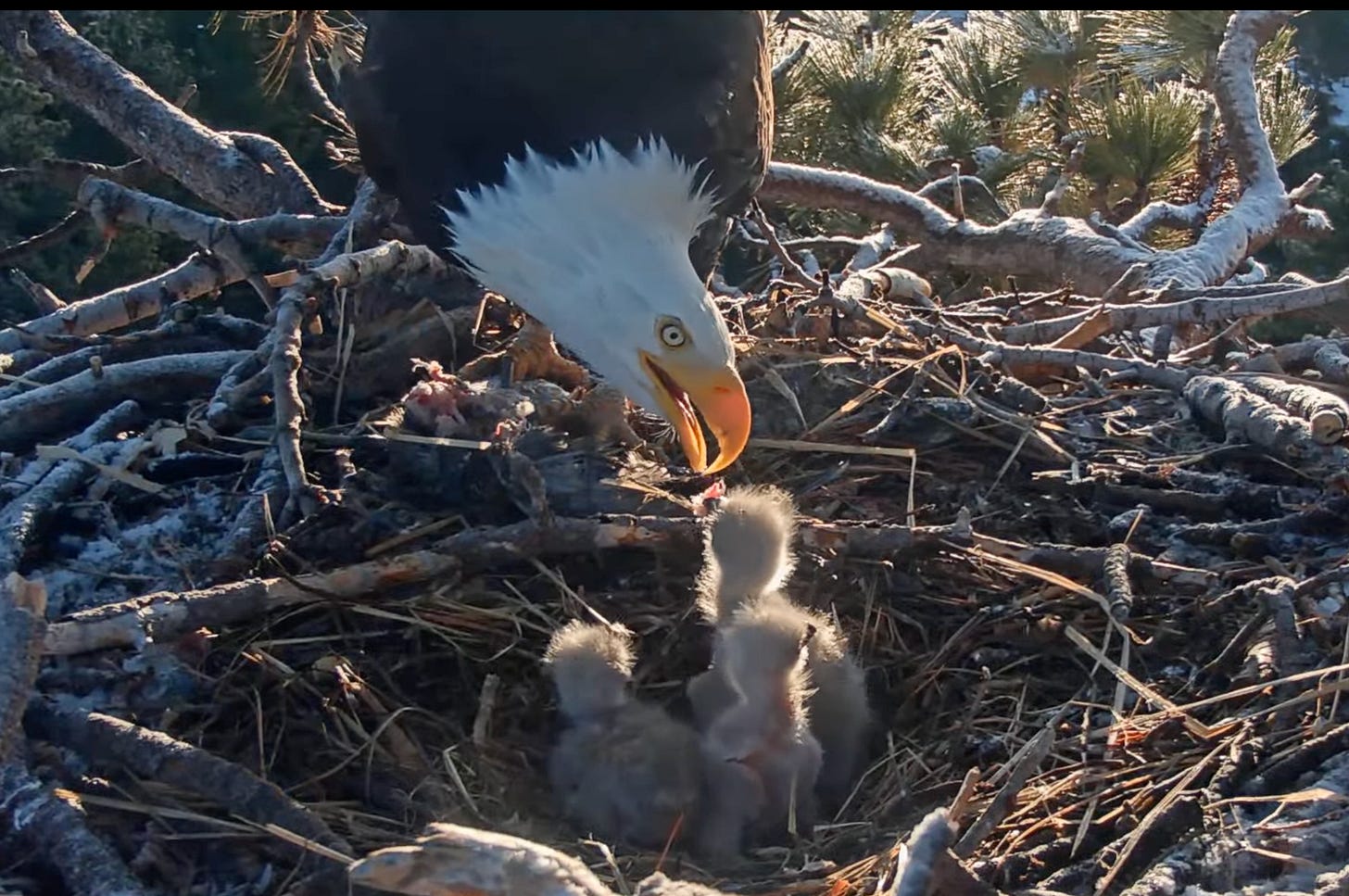My kids have an ongoing debate about when seasons begin. My daughter subscribes to meteorological seasons — e.g. June 1, September 1, December 1. My son is a stickler for astronomical calendaring: the seasons begin on the two solstices and the two equinoxes.
But I have staked my claim to the official start of spring, and they know it. Spring arrives when the peeper frogs start singing.
We have wetlands behind our New England home. When we moved here from Texas, it was summer — long after the frogs had stopped their spring song. The kids spent the summer catching and releasing the little frogs that leapt through the yard at dusk, but the creatures were utterly silent.
So I didn’t know what I was hearing when March 2018 rolled around. One night it was silent except for the occasional barred owl. The next night, I heard chirping in surround sound. “That’s the peepers,” a neighbor told me. “When you hear their song, you know spring is finally here.”
In 2020, the peeper frogs woke up on March 13.
How do I know? The kids’ schools had closed down that day (“just for a week”). We went out to a local diner — our last time eating out at a restaurant for two years. Over burgers and milkshakes, we told our Kindergartner and third grader we wouldn’t be flying to Disney World that weekend after all, a trip they had been looking forward to for months.
It was dark when we got home with our tearful children. When we stepped out of the car, I heard it: a chorus of frogs waking up to spring, unaware of the calamities taking place in the human world. The rest of the family went inside. I stood in the yard and wept in worry and wonder.
Over the next several weeks, the frogs sang and the migrating birds returned. At the time, I was teaching high school, my husband was a middle school administrator, and the kids were in different elementary schools. So our house was filled with sounds from four different online schools, and the inside of my head was exploding with anxiety. And the neighborhood was erupting with birdsong.
It was in those weeks that I discovered Merlin, a free app from the Cornell Lab of Ornithology. Merlin “listens” to birds and identifies them for you. The app appealed to my six-year-old’s insatiable interest in animal facts. Many mornings, he took an iPad into the backyard, pressed a button, and walked around listening to birds. He watched in delight as the screen filled with the names and images of the birds who (like him) got up with the sun. He hunted in the branches for the bird that matched the call. Zoom Kindergarten was a mess, but these moments were rich with awe.
His wonder got me hooked on bird listening, too. Over time, I began to notice patterns: the birds who stay all year, those who return in the summer, and those travelers who pass through on their migration routes. For most of my life, birdsong was nothing more than white noise. But now I can be brought to tears by the call of a song sparrow or a lark. When my brain gets noisy and distracted, tuning into the sounds of nature calms it down faster than meditation.
Right on Time
Last night, I heard them — one day earlier than five years ago. And I raced up to my 13-year-old’s room and threw open the window. I didn’t need to say a word. She knew what she was hearing and smiled (she humors me beautifully!).
And this morning, March 13, I was delighted to hear the finches overtaking the Carolina wren as the loudest voice in the neighborhood. The human world is still full of calamities, and the birds and the frogs still sing.
To mark today — an anniversary of sorts for all of us — I returned to this passage in Robin Wall Kimmerer’s “Braiding Sweetgrass.” She writes about a pond behind her house and the animals that live there. She writes about mothering children — and mothering the world that they will live in. She writes:
So it is my grandchildren who will swim in this pond, and others whom the years will bring. The circle of care grows larger and caregiving for my little pond spills over to caregiving for other waters. The outlet from my pond runs downhill to my good neighbor’s pond. What I do here matters. Everybody lives downstream.
My pond drains to the brook, to the creek, to a great and needful lake. The water net connects us all. I have shed tears into that flow when I thought that motherhood would end.
But the pond has shown me that being a good mother doesn’t end with creating a home where just my children can flourish. A good mother grows into a richly eutrophic old woman, knowing that her work doesn’t end until she creates a home where all of life’s beings can flourish.
There are grandchildren to nurture, and frog children, nestlings, goslings, seedlings, and spores, and I still want to be a good mother.
Happy spring, friends,
Deborah
P.S.
365 Days of Wonder: Week 10
In preparation for the release of “Raising Awe-Seekers: How the Science of Wonder Helps Our Kids Thrive,” I’m keeping an awe diary: one entry each day about something that caught my attention, gave me goosebumps, brought tears to my eyes, or made me say, “Wow.”
Day 64:
My 11-year-old was so excited to walk outside this morning and see green. The leaves won’t return till mid-April, but March is my son‘s favorite month because the green starts to creep back in.
Day 65:
I came home late from a meeting last night. My 13yo was still up — writing heartfelt thank you notes to people who had supported a service project she had helped organize.
Day 66:
My 13yo and I were having so much fun listening to NPR’s “Wait Wait Don’t Tell Me” together that we drove the long way home to keep listening.
Day 67:
I read a story in my favorite newsletter about Ellen Harding Baker. In the late 1800s, this Iowa science teacher spent seven years embroidering the solar system on a quilt. Ellen Harding Baker used her quilt to teach astronomy in an era when women could not attend college.
Day 68:
I heard about these bald eagle triplets on NPR and had to go check out the videos for myself.
Day 69:
I picked up a friend’s kid early this morning since she had to be at an appointment. My kids weren’t up yet, so this fabulous 10yo boy walked the dog with me as the sun rose.
Day 70:
I finished reading Katherine Rundell’s "Rooftoppers" to my 11yo last night. So many passages that made me catch my breath. Here was one:
Love and courage, thought Sophie—two words for the same thing. You didn’t need the person to be there with you, even, perhaps. Just alive, somewhere. It was what her mother had always been. A place to put down her heart. A resting stop to recover her breath. A set of stars and maps.











Bless you, Deb. That quote from Braiding Sweetgrass was exactly what I needed today. I'll be sharing it as well. (Like you, I found solace and wonder in nature during those confusing early pandemic times and now. Everything was different - and yet, the animals went about their lives. It was reassuring to me in some way. And here in WI, I'm currently noticing and enjoying the increase in bird song -- the red-winged blackbirds are back, and while they've been a part of my land- and soundscape virtually my entire life, I now know their song & I know they migrate and that their return is an even surer marker of spring than the robins')